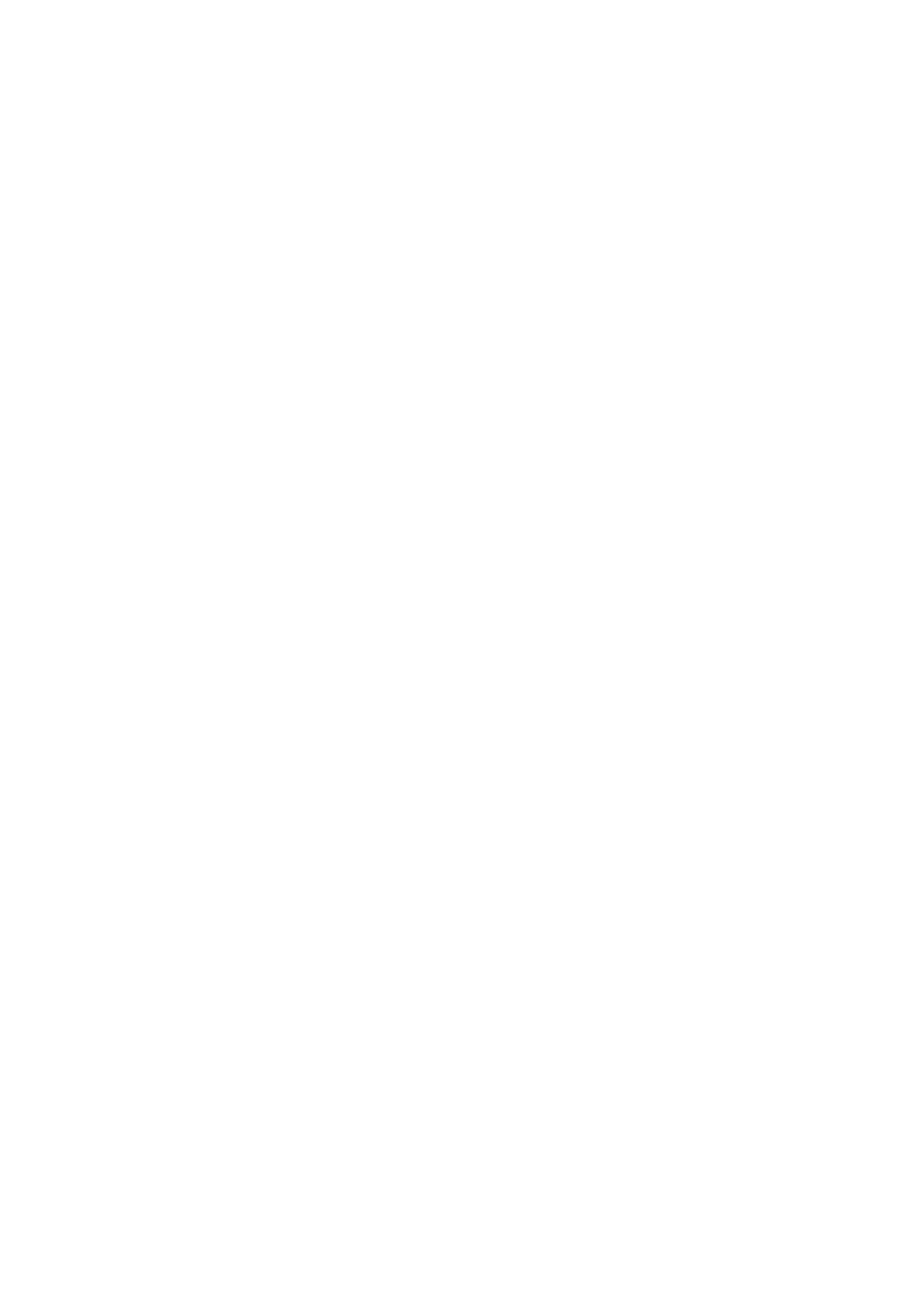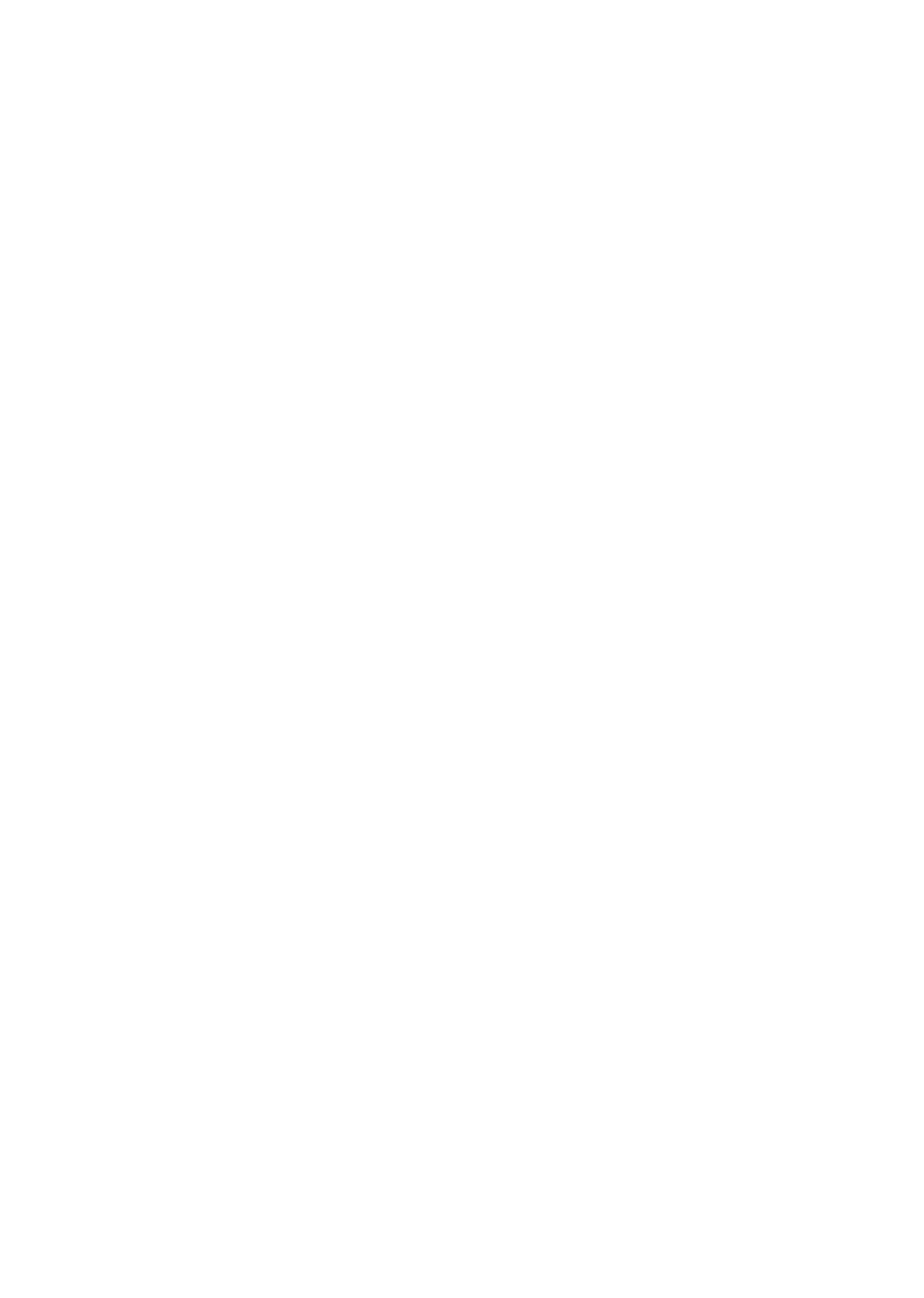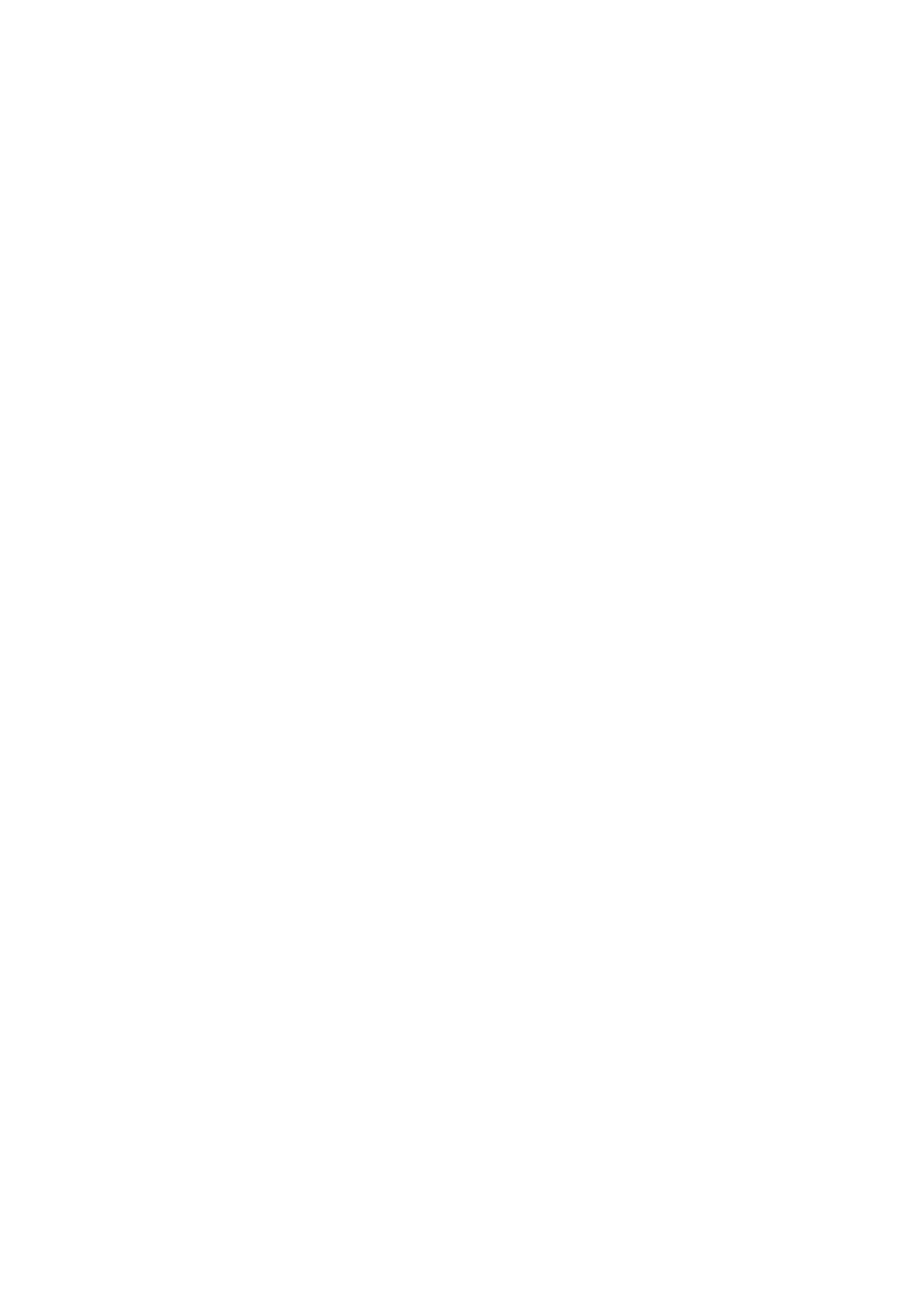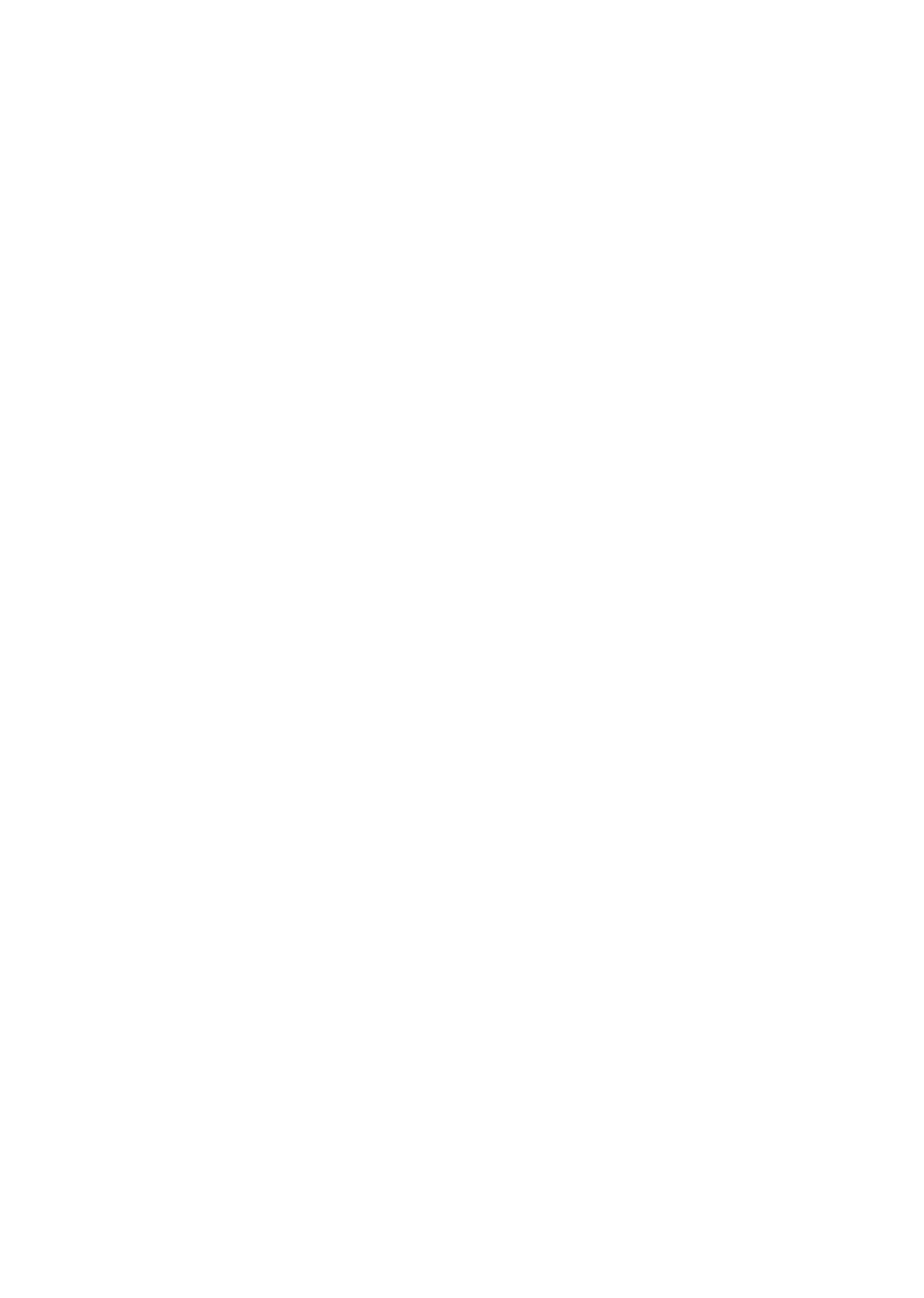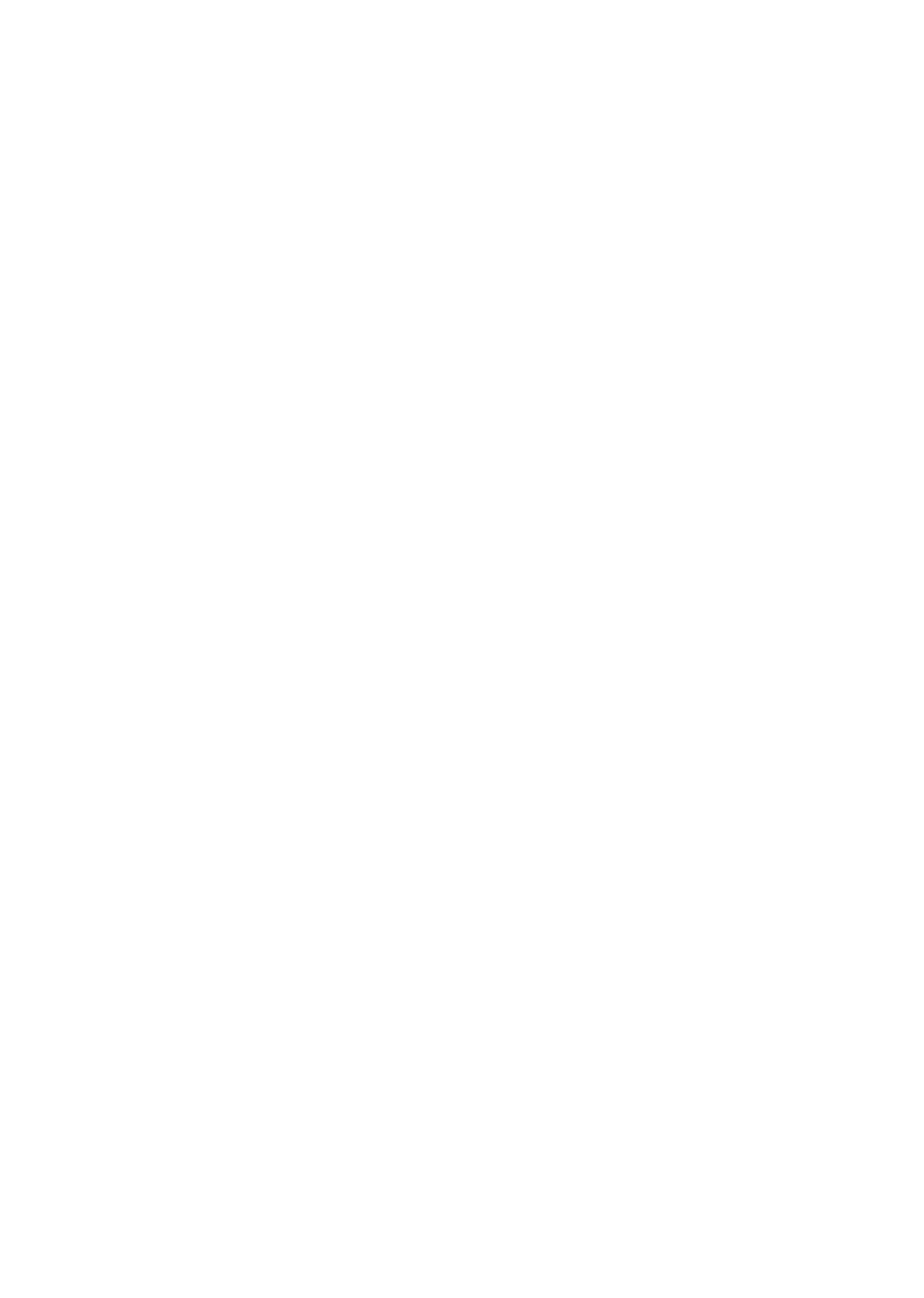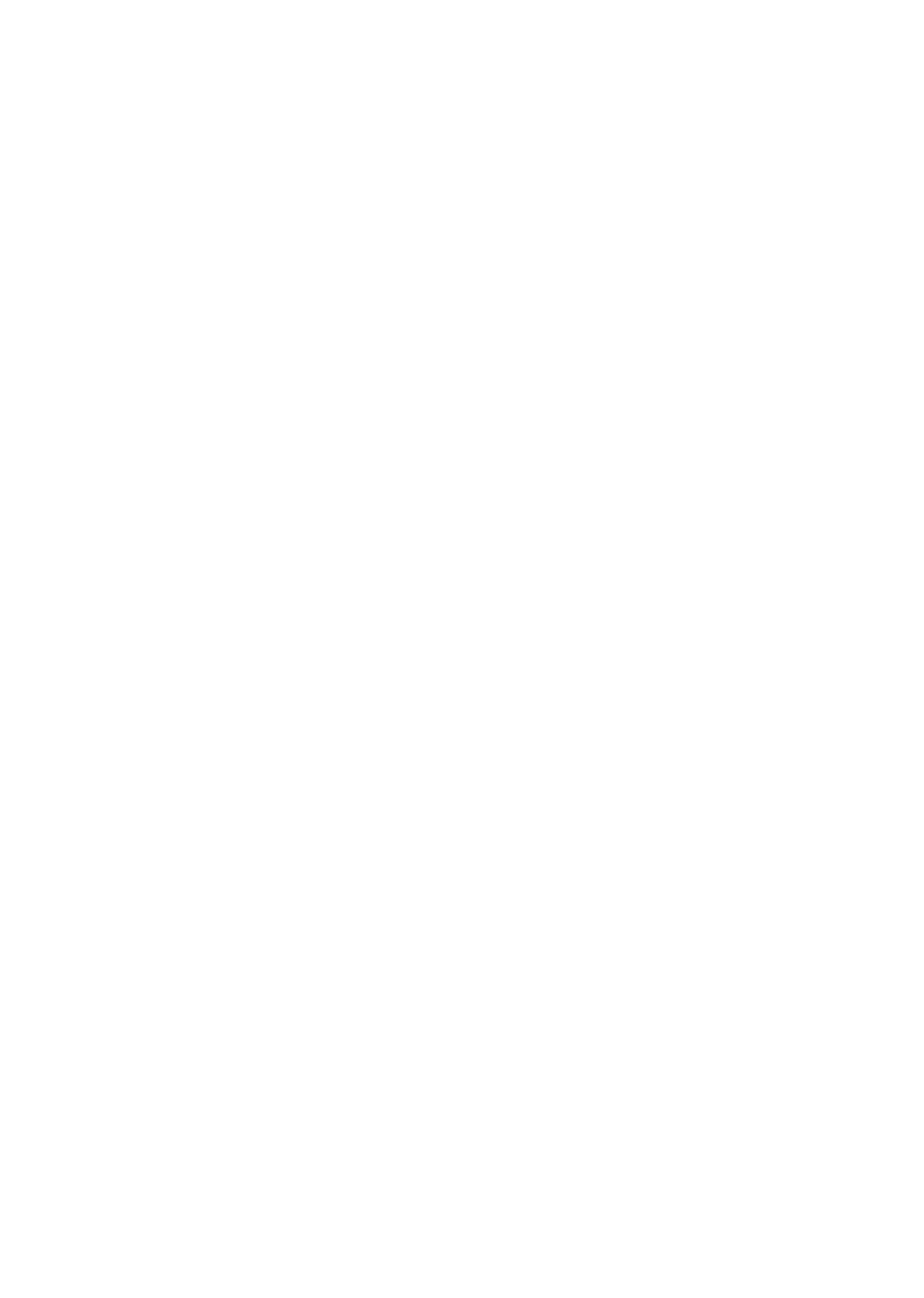BEFORE THE
ILLINOIS POLLUTION CONTROL BOARD
RECEIVED
CLERK’S OFFICE
JUL 1320e5
IN THE MATTER OF:
)
PROPOSED AMENDMENTS TO
EXEMPTIONS FROM STATE
PERMITTING REQUIREMENTS
FOR PLASTIC INJECTION MOLDING
OPERATIONS
(35 ILL. ADM. CODE 201.146)
TO:
Dorothy Gunn, Clerk
Illinois Pollution Control Board
James R.
Thompson Center
100 W.
Randolph Street, Suite 11-500
Chicago, Illinois
60601
SEE ATTACHED SERVICE LIST
)
)
(Rulemaking
—
Air)
Amy Antoniolli, Hearing Officer
Illinois Pollution Control Board
James R. Thompson Center
100W. Randolph
Street, Suite
11-500
Chicago, Illinois 60601
PLEASE
TAKE NOTICE that I have filed with the Office ofthe Pollution
Control Board the ILLINOIS ENVIRONMENTAL PROTECTION AGENCY’S FIRST
CORRECTION TO THE
TRANSCRIPT OF THE HEARING HELD JULY
1,2005
CONCERNING THE
AMENDMENTS TO 35
ILL.
ADM. CODE 201.146 AND PRE-FILED
TESTIMONY OF DONALD E.
SUTTON
on behalfofthe Illinois Environmental Protection
Agency, a copy ofwhich is herewith served upon you.
Date:
July
11,2005
1021
North Grand Avenue
East
P.O. Box
19276
Spring field, IL
62794-9276
217/782-5544
ILLINOIS ENVIRONMENTAL
PROTECTION AGENCY
By:
Charles E. Matoesian
Assistant
Counsel
Division ofLegal Counsel
THIS FILING IS SUBMITTED ON
RECYCLED PAPER
)
R05-20
STATE OF ILLINOIs
Pollution Control Board
)
)
)
NOTICE
BEFORE THE ILLINOIS POLLUTION CONTROL BOARD
IN THE MATTER OF:
)
JUL
132005
PROPOSED AMENDMENTS TO
)
EXEMPTIONS FROM STATE
)
PERMITTING REQUIREMENTS
)
FOR PLASTIC INJECTION MOLDING)
R 05-20
OPERATIONS
)
(35 III. Admin. Code 201.146)
)
PRE-FILED TESTIMONY OF DONALD E.
SUTTON ON BEHALF OF THE
ILLINOIS ENVIRONMENTAL PROTECTION AGENCY
I am Donald E.
Sutton, P.E.
I have been manager ofthe manager ofthe Division ofAir
Pollution Control
Permit
Section since July 1991.
The following is my testimony that
provides the Agency’s view ofthis proposed rulemaking.
PROPOSAL DEVELOPMENT
In 1996, the Board adopted revised rules providing to expand, clarify and modify the list
of emission units
and activities that are exempt from state air permitting requirements
specified
at 35111. Adm. Code 201.142, 201.143, and 201.144.
Amendments to
Exemptions From State Permit Requirements:
35
Ill.
Adm. Code 201
and 211, R96-17
(effective July 31,
1998).
These
amendments updated terminology and certain
amendments
are intended to
clarify the types ofactivities or emission units that are
covered by a particular exemption such as the exemption for fuel combustion
equipment.
In 1997, Section 39 of the Act (415 ILCS
SIet.
seq.) was amended to establish
a
ljfetime
permit program. Pursuant to P.A.
90-367, effective June
17,
1998, the Board adopted
revised rules providing that emission sources not subject to Section
39.5 of the Act or
required to have a federally enforceable state operating permit (“FESOP”) shall have
operating permits that
are required to be renewed only upon request by the Agency or if
circumstances warrant a revisedpermit.
Amendments to
General Permitting Provisions
to Require Perpetual Permits for Certain Sources:
Amendment to 35
Ill. Adm.
Code 201,
R98-13 (June
17,
1998).
Circumstances requiring a revised operating permit or
construction permit include change
in ownership, construction or modification of an
emission unit at a source pursuant to
Section 201.169(c).
“Construction” is defined as
“commencement ofon-site fabrication, erection
or installation of an
emission source or
of air pollution control equipment.” 35
Ill. Adm.
Code 201.102.
In 2003, the Board adopted rules to
amend its
permitting rules for the controlofzir
pollution section 201.142 and add section 201.170
(35 Ill. Adm.
Code 201.142).
The
adopted rules exempted certain smaller emissions
sources from the requirement for
owners
and operators to
obtain new construction permits that were
required by Section
39
of the Act
(415 ILCS
5/39 (2000)) each time the site ofsmall
emissionunits are changed.
Amendments to General Permitting Provisions for Portable Emission Units:
Amendments to 35
Ill. Adm.
Code 201, R02-10 (February 6, 2003).
Earlier this year, the Agency and the Illinois Environmental Regulatory Group (IERG)
jointly proposed to
the Board additional categories to the permit exemptions in Section
201.146.
This prior rulemaking, which the Board has docketed R05-19, includes four
additional categories ofpermit exemptions will allow more efficient allocation ofIllinois
EPA resources
during a time ofbudget concerns.
The proposed additions to Section
201.146 are below:
a.
Replacement or Addition ofAir Pollution Control Equipment for Existing
Emission Units
—
Proposed Section 201.146(hhh).
b.
New Emission Units
and Modifications to Existing Emission Units at
Facilities with Federally Enforceable State Operating Permits
-
Proposed
Section 201.l46(iii).
c.
New Emission Units
or Modifications to Existing Emission Units
at
Permitted Sources That Are Not Major Sources or FESOPs
-
Proposed
Section 201. 146(~jjj).
d.
Insignificant Activities at Clean Air Act Permit Program Sources
-
Proposed Section 201.l46(kkk).
PROPOSAL
This proposed rulemaking (R05-20) would seek to add one more category to the permit
exemptions in Section 201.146
forplastic injection molding operations using
5,000 tons
ofplastic resin per year or less.
This exemption does not threaten the public health or
welfare.
The Agency understands that the primary effect ofthe proposed amendment is to
expand
the list of activities and emission units that would qualify for exemption from state air
permitting requirements by adding a new category of activities or emission units for the
exemptions.
The activities and emission units, which are proposed for exemption, are
based on the historical experience ofthe Agency that such emissions units should not
merit permitting going
forward as the emissions from the units or activities are minimal.
Further, individual information on these activities will not be needed for purposes of air
quality planning.
The amendment to Section 201.146
exempts from
state construction and operating
permitting the plastic injection molding equipment with an annual through-putnot
exceeding
10,000,000 pounds ofplastic resin and associated plastic resin loading,
unloading,
conveying, mixing, storage, grinding, and drying equipment and
associated
mold release and mold cleaning agents.
The Agency has reviewed the proposed language
and has determined that these emission units are not subject to any federal New Source
Performance Standards (NSPS) under 40 CFR 60 or to subject to
any federaLNationai
Emission Standards for Hazardous Air Pollutants (NESHAP) under 40 CFR 61
or 63.
The Agency also believes that the proposed amendments
do not alter or affect the iliability
of an owner or operator of such plastic injection molding machines
for compliance with
emission standards and
other requirements that apply to such emission units or activities,
either individually or in conjunction with other emission units or activities constructed,
modified or located at the source.
ECONOMIC REASONABLENESS AND TECHNICAL FEASIBILITY
It is the Agency’s opinion that the proposed amendments expand the list ofexemptions
from
state air permit requirements.
Thus,
this proposal does not pose any issues with
respect to technical feasibility.
The
additional exemptions will not significantly impact
the effectiveness ofthe permit program and may help focus attention on the more
“important emission units”.
I have been asked in previous hearings before the Board, specifically during Rulemaking
R05-19, about the cumulative effect ofexempting a large number ofsources ofair
pollution based on low or “de mjnus” emission levels.
This question was also brought
during the previous hearing for this Rulemaking (R05-20).
To
address this question,
there area number ofregulatory schemes that would remain applicable in which this new
exemption from permitting will have no effect.
For example,
a determination whether a
source is considered to be major under USEPA regulations is dependent on the potential
emissions ofa source from all emission units regardless ofthe state permitting
requirements upon that source
or those units.
The state ofIllinois does not have a right to
override a federal requirement, such as New Source Review or Title V permitting.
There
could be a point in
time that if you have enough emission units that are exempt
from the
requirements to obtain
a state permit, that you could actually trigger a higher level
requirement.
The Chemical Industry Council ofIllinois (CICI) will provide testimony
that the emissions
from these sources are approximately between a halfa ton per year to
two tons per year and most regulatory triggers, besides hazardous air pollutants (HAP),
will be in the
100 ton per year level.
Most ofthe sources in
Illinois with Lifetime State
Operating permits have permitted emissions less than 25
tons per year of all pollutants
and actual emissions range
from two
to
five tons per year.
We currently have 6,800
permitted sources in Illinois.
Ofthat total, we have roughly 4,900 sources that have
permits that keeps their emissions to less than 25 tons per year.
As an economic matterthe proposal will reduce costs as the amendments exparrdthe list
of exemptions and many affected sources will be relieved of the requirement to obtain a
state permit.
A cost savings will result as those sources which no longer require permits
will be relieved ofthe need to
collect data, prepare permit applications and
submit permit
fees.
The loss of permit fees
should not
affect the Agency, as the loss ofrevenue from
eliminating permitting ofthese sources will be matched by the savings by eliminating the
cost ofreviewing such permit applications.
The sources most affected by this proposed
rulemaking currently pay the minimum amount of air pollution operating permit fees
or
the minimum construction permit
application fees yet the processing ofapplications for
such proposed activities or emission units covered by this proposed amendment may take
almost as long to process as the projects for activities or emission units that will remain
subject to the construction and operating permit requirements.
Another question raised in the previous hearing before the Board for this rulemaking was
whether this proposal would
cause more plastic injection molding businesses to come to
Illinois and whether this would have an impact on increasing emissions from
this
industry.
The regulatory burden on this industry to obtain air pollution
control permits
is
currently not that great and should not have been a deterrent to the plastics industry.
These types ofsources generally would have a Lifetime State operating permit and would
pay the minimum construction permit application and operating site fees.
Other states
within USEPA’s Region
5
already have similar permitting exemptions for this industry as
the one proposed in this amendment.
We agree with Ms.
Sharkey’s response to
this same
question during the previous hearing.
At the July I, 2005
hearing for this rulemaking, Anand Rao from the Board’s technical
unit asked the Agency whether we view plastic injection molding as an
extrusion
operation.
It is the Agency’s view that injection molding is a different type ofoperation
from extrusion, and thus the Agency does not view injection molding machines
as being
exempt from permitting under the extruder exemption found in 201.l46(cc).
The Agency is willing to answer any questions about these proposed amendments or
address any comments you may have.
STATE
OF ILL1NOIS
)
)SS.
COUNTY OF SANGAMON
)
PROOF OF SERVICE
I, the undersigned,
on oath state that I have served the attached Illinois Environmental
Protection Agency’s First Correction to
the Transcript ofthe Hearing held July 1,2005
concerning the Amendments to
35
111. Adm.
Code 201.146 and Pre-filed Testimony oLDcnaltiE~
Sutton on behalfofthe Illinois
Environmental Protection Agency upon the persowto-whom iris
directed, by placing it in an
envelope
addressed to:
TO:
Dorothy Gunn,
Clerk
Amy Antoniolli, Hearing Officer
Illinois Pollution Control Board
Illinois Pollution Control Board
James R.
Thompson Center
James R. Thompson Center
100W. Randolph Street, Suite 11-500
100W. Randolph Street, Suite 11-500
Chicago, Illinois 60601
Chicago, Illinois 60601
SEE
ATTACHED SERVICE LIST
and mailing it by First Class Mail from
Springfield, Illinois on July
11, 2005, with sufficient
postage affixed.
SUBSCRIBED AND SWORN TO BEFORE ME
this
11th
day ofJuly, 2005
/
I
~
CYN1HIALWOLFE
;
“~
~
~
/
11
~NoTARypuBucsTATEoyIwNoIs:!.
(_11~,~A?t)cJ~
(//~wJ/4
~,
Notary Public
THIS FILING IS
SUBMITTED ON RECYCLED PAPER
SERVICE LIST R 05-20
Office of
Legal Services
PatriciaF. Sharkey
Illinois Department ofNatural Resources
Mayer, Brown, Rowe & Maw LLP
One Natural Resources Way
71
South Wacker Drive
Springfield,
Illinois 62702-1271
Chicago, Illinois
60606-4637
Matthew Dunn, Chief
Heidi E.
Hanson
Division ofEnvironmental Enforcement
H. E. Hanson,
Esq. P.C.
Office of the Attorney General
4721
Franklin Avenue
Suite
1500
188
West Randolph Street, ~
Floor
Western Springs, Illinois 60558-1720
Chicago, Illinois 60601


